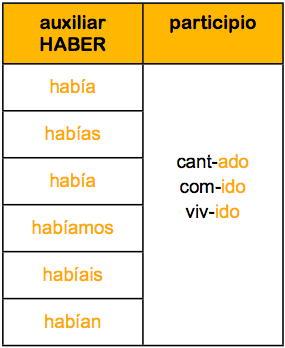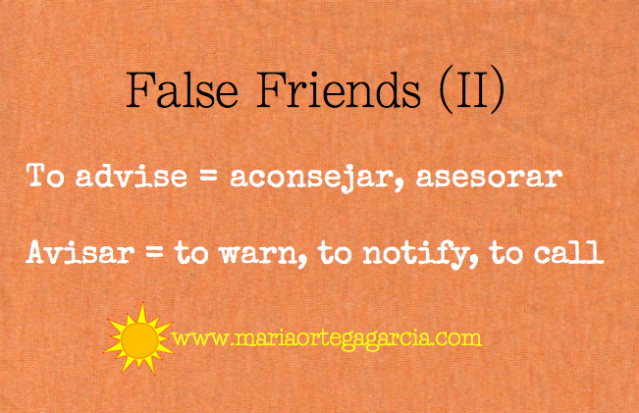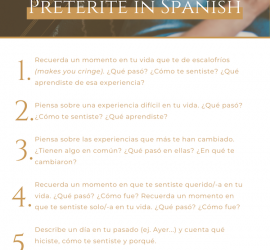Talking about the past (IV): Pluscuamperfecto de Indicativo (Past Perfect) 6
In previous posts we have learnt about the “Pretérito Perfecto”, the “Imperfecto” and the “Indefinido”. In this post we are going to learn how to form and use the “Pluscuamperfecto”, the last of the past tenses in Spanish. In a next post we will learn how to use all the […]








